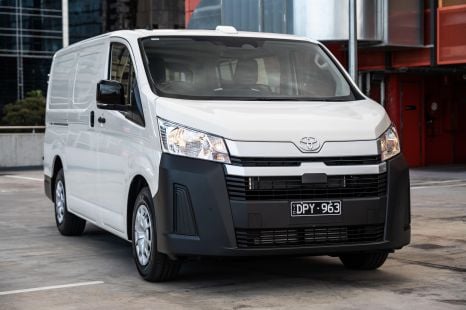

Max Davies
2026 Toyota HiAce review
7 Hours Ago
China is a fast-growing source of vehicles for Australia – and it's not just Chinese brands using it as a hub for manufacturing.

Contributor
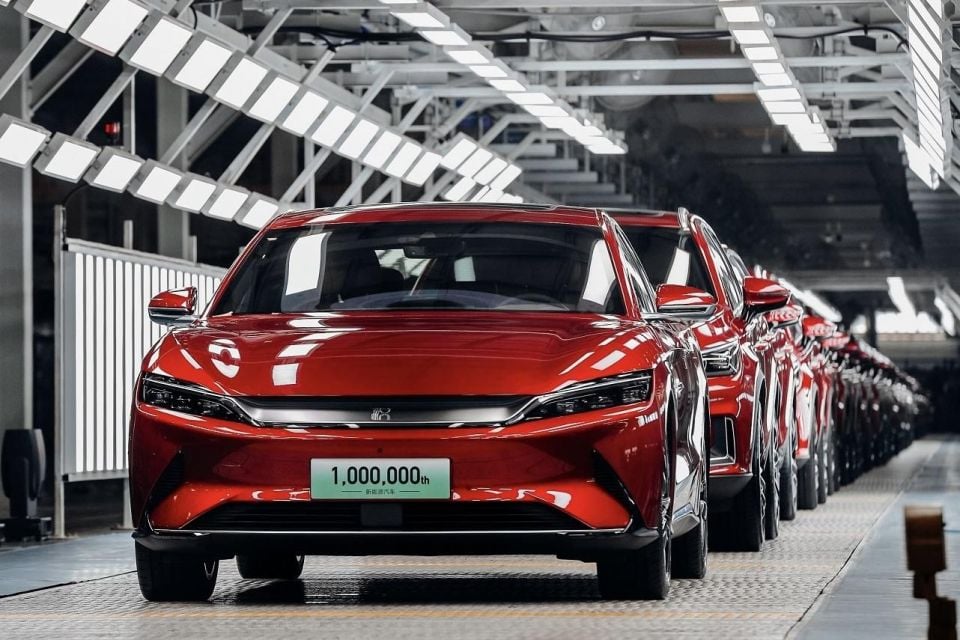

Contributor
The best-selling electric cars all have something in common: they’re all made in China.
The Tesla Model 3 and Model Y are made in Shanghai, the BYD Atto 3 is made in Changzhou, the MG ZS EV is made in Zhengzhou, and the Polestar 2 and VolvoXC40/C40 are manufactured in Chengdu.
That trend shows no sign of receding, either. BMW is building its iX3 in China, and it’s where our next-generation Mini will be manufactured, while Chinese brands Chery and GWM are gearing up to bring their first electric cars Down Under.
That’s no accident. Speaking with CarExpert, LDV Australia general manager Dinesh Chinnappa explained what he sees as the benefits of sourcing electric cars from China in the context of vans and utes.

“I think LDV is uniquely positioned to move forward into the electrification of the commercial sector. Why? Because they are a subsidiary of SAIC, which is a Chinese-based massive conglomerate automotive manufacturing powerhouse,” Mr Chinnappa told CarExpert.
“The simple facts are that China began its electrification journey 15, 20 years ago.
“The government made a very conscious and very precise decision that it would embrace renewables generally as an alternative source of energy for their cities, and it also made a very deliberate decision that it would invest billions upon billions of dollars into the electrification of public transport and private transport.
“They made those investments and started that process at least 15 years, possibly 20 years ago.
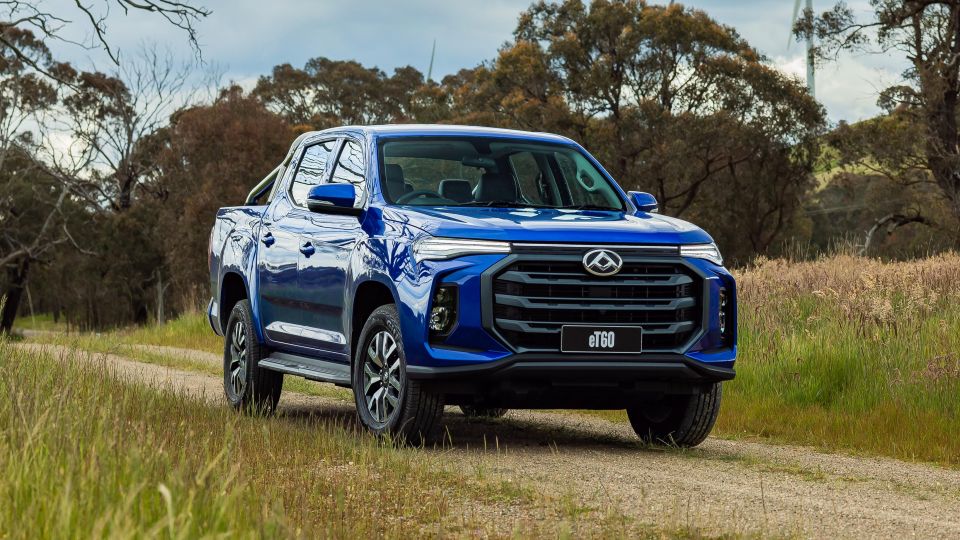
“As a result of that, China when it comes to the manufacturing of electric passenger vehicles and/or electric commercial vehicles, I believe, has absolutely leapfrogged the existing automotive status quo.”
China is a fast-growing source of vehicles for Australia. 16 per cent of the vehicles delivered to date in 2023 have come from China, placing it behind only Japan (27 per cent) and Thailand (21 per cent) on the list of suppliers to our market.
At the same point in 2022 it accounted for nine per cent of deliveries.
Although electric vehicles account for a chunk of the Chinese-made cars sold in Australia, the growth of MG, GWM, and Volvo’s internal-combustion sales has also been a driver.
Volvo in particular has been vocal about the benefits it has seen since switching to China from Sweden as supplier for Australian-delivered vehicles.
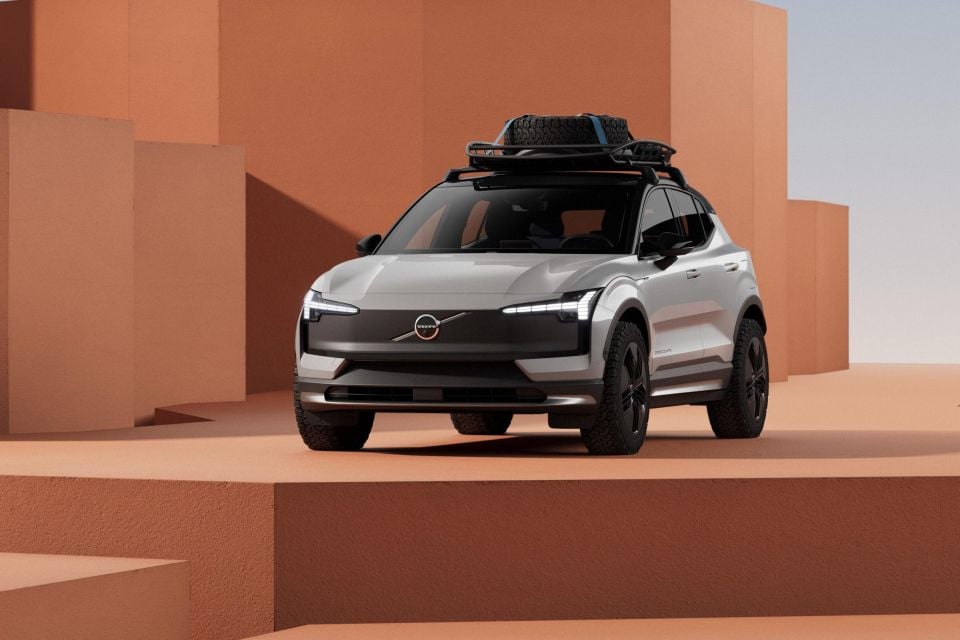
“If you get a car from Europe, it’s on a boat for six weeks at least,” Volvo Australia managing director Stephen Connor told media in 2022.
“We pay duty as well for cars coming from Europe, so there’s that issue. Unfortunately, whenever you pay duty someone’s got to pay for it somewhere, so the price of the car generally goes up because of duty,” he said.
“The other thing is as well, we’ve got brand new factories that can pump out better cars and more cars from China.
“They’re brand new, they’re only three years old. Don’t get me wrong, Gothenburg is beautiful but it’s an old factory. Therefore the capacity of China is far greater than somewhere like Gothenburg,” he explained.
“Then you add in, China you can generally get the cars in two, two and a half weeks from production,” he said.
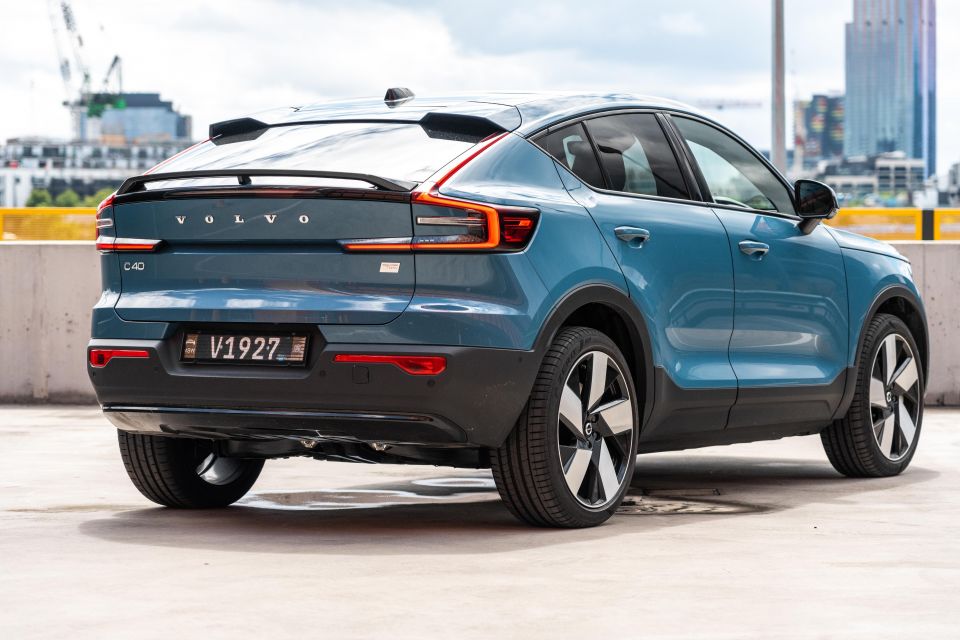
Volvo has leant hard on its Chinese factory for strong supply as it pushes to grow its sales in Australia, and Mr Chinnappa says LDV has the ability to do the same.
“If I needed to place an order for 100 eT60 utes tomorrow, or 100 eDeliver 9 vans tomorrow, I am very, very, very confident I could get that stock here within a relatively short period of time,” he told CarExpert. “They have capacity.”
Also helping is the fact Chinese brands, including LDV, view Australia as what Mr Chinnappa describes as a “key strategic market”.
“It’s not just about our volume, it’s about the nature of our market. The fact that we’re a mature market, heavily regulated, high quality standards, ANCAP. They really do look at the Australian market as a place where they can develop at a corporate level the infrastructure required to attack the global market,” he said.
Scott Collie is an automotive journalist based in Melbourne, Australia. Scott studied journalism at RMIT University and, after a lifelong obsession with everything automotive, started covering the car industry shortly afterwards. He has a passion for travel, and is an avid Melbourne Demons supporter.


Max Davies
7 Hours Ago
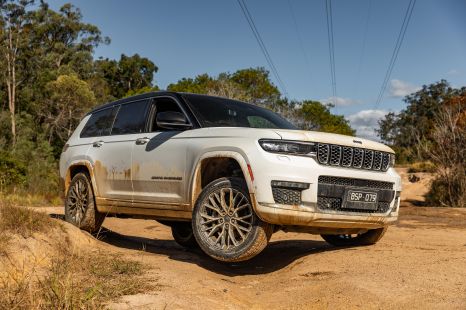

William Stopford
23 Hours Ago
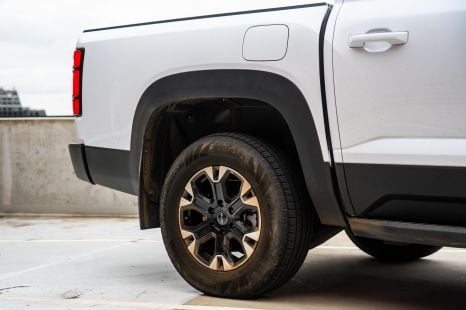

Ben Zachariah
1 Day Ago
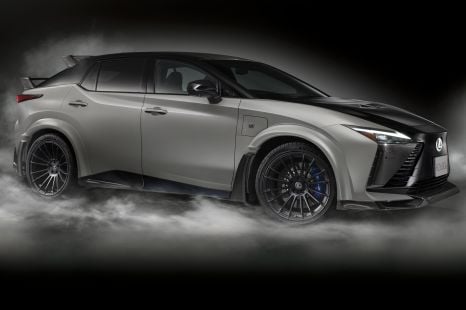

Derek Fung
1 Day Ago
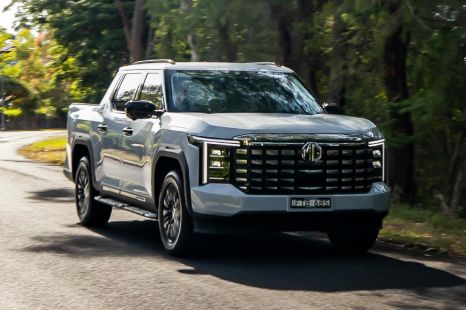

Matt Campbell
1 Day Ago
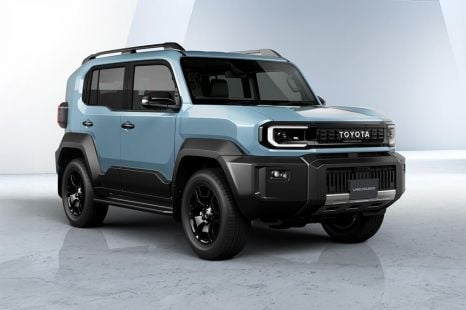

William Stopford
2 Days Ago